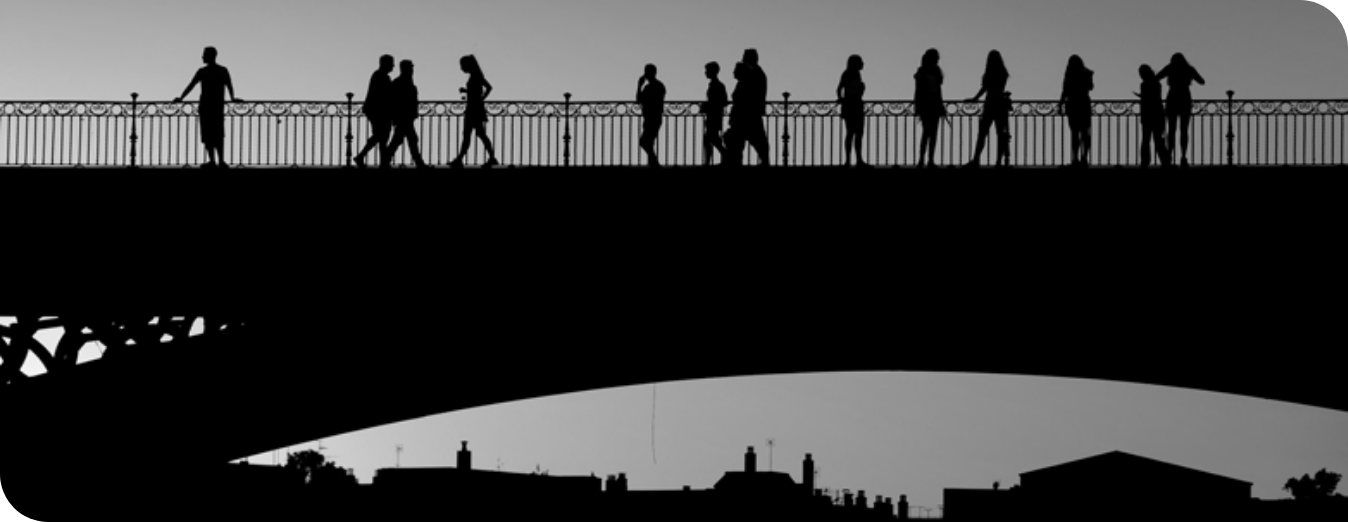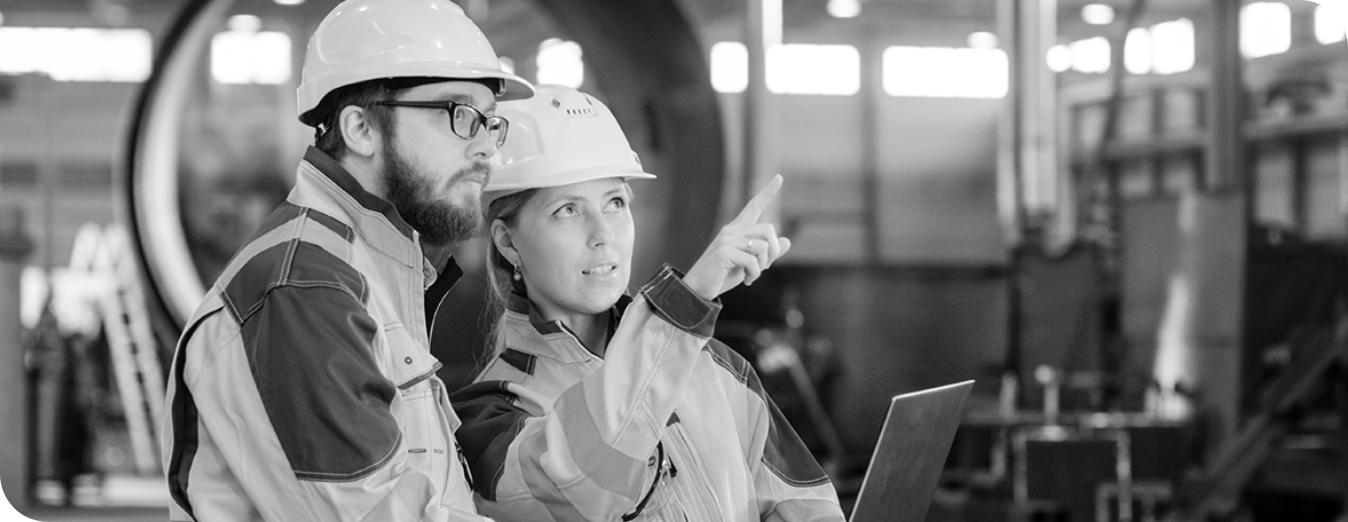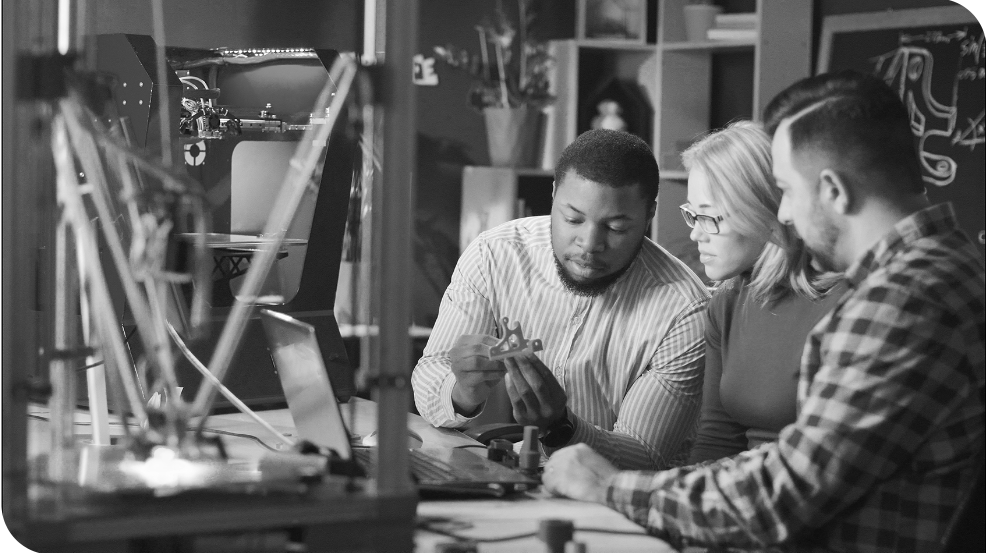Alliance for Responsible Professional Licensing’s Commitment to User Privacy Alliance for Responsible Professional Licensing is committed to protecting your privacy and has prepared this Privacy Policy (“Policy”) to describe the types of information collected through this website, http://www.responsiblelicensing.org Alliance for Responsible Professional Licensing (the “Site”). This Policy governs our data collection, processing, and usage practices. It also provides information to change your browser preferences to stop automated information collection via cookies. By using this Site or by providing your affirmative opt-in consent when asked, you signify your agreement to this Policy. If you do not agree to the terms of this Policy, please do not use the Site.
Information We Collect
We are the sole controllers of the information collected on this Site. In your dealings with this Site, you may provide us with personal information. Personal information for the purposes of this Policy means information that can be used to personally identify you or is associated with any such information, or personal information may be defined by the laws of the location where you live. We require visitors who request information from us or use our services to provide contact information such as their name, address, phone number, email address and billing information.
When you access this Site, we collect certain information by automated means. This information may include without limitation: (a) technical information about your computer or wireless device, such as your IP address, device type, operating system type and version, unique device ID, browser, browser language, domain and other systems information, platform types (collectively, “Technical Information”); and (b) usage statistics about your interaction with the Site, including pages accessed, time spent on pages, pages visited, search queries, click data, date and time, and other information regarding your use of the Site (collectively, “Usage Data”).
This Technical Information and Usage Data is collected through the use of server logs and tracking technologies, including: (i) cookies, which are small pieces of code that websites send to your computer or wireless device to uniquely identify your browser or mobile device or to store information in your browser setting; and (ii) web beacons, which are small objects that allow us to measure the actions of visitors using the Site.
IP addresses received from your browser or device may be used to determine your approximate location, such as the city, state and/or country associated with an IP address. We maintain log files tracking IP addresses to analyze trends, help diagnose problems with our servers and to monitor traffic/usage in order to provide better service to our website visitors. IP addresses are not used by us to personally identify individuals, and we do not link IP addresses to other forms of identifiable information, however, IP addresses may be considered to be personal information under the laws of certain jurisdictions.
Use of Information You Provide
If you choose to provide any personal information to Alliance for Responsible Professional Licensing, such as your name, email address, mailing address, or phone number, we may use that information to contact you or serve digital advertising to you. Alliance for Responsible Professional Licensing does not sell your information to third-parties and will only share your information with ad serving providers (“Advertising Providers”) as necessary to target digital advertising. We also may share your personal contact information with members of Alliance for Responsible Professional Licensing for the purposes of contacting you regarding services that you have indicated an interest in or information you have requested.
We do our best to keep your data accurate and up to date, to the extent that you provide us with the information we need to do that. If your data changes (like a new email address), then you are responsible for notifying us of those changes. If you would like to find out what data we have about you, change/correct your data, or have your information removed from Alliance for Responsible Professional Licensing’s database please email info@responsiblelicensing.org and we will provide an individual access to any personal information we hold about them within 30 days of a request for that information. Unless it’s prohibited by law, we’ll remove any personal information about an individual from our databases at their request. There is no charge for an individual to access or update his or her personal information.
We will retain your information for as long as needed to provide you services that you have requested. We may also retain and use your information in order to comply with our legal obligations, resolve disputes, prevent abuse, and enforce our agreements. We do not intend to retain personal information longer than necessary for such purpose(s), unless necessary for compliance with a legal obligation, or in order to protect your vital interests or the vital interests of another natural person.
Please note, after removing your record from our database you may continue to receive Alliance for Responsible Professional Licensing advertising. This may be due to other digital advertising targeting options we utilize including third-party data and/or your interaction with the Site. Alliance for Responsible Professional Licensing does not control third-party data providers, and this Policy does not apply to them. With regards to digital advertising targeted to you due to your interaction with the Site, you can opt out of cookie tracking through your preferred browser (more information provided below).
Your personal information may be collected, stored and/or processed or otherwise used by us or on our behalf inside the United States by third party service providers, to perform cloud storage, payment processing, digital advertising, and related functions on our behalf. As a result, U.S. court, government or law enforcement agencies could obtain disclosure of such information under U.S. law. By using our Site and services, you understand and consent to the collection, storage, processing, and transfer of your information to our facilities in the United States and those third parties with whom we share it as described in this Policy.
Digital Advertising & Site Analytics
We may work with Advertising Providers that serve ads on our behalf on non-affiliated platforms. Some of those ads may be personalized, meaning that they are intended to be relevant to you based on information Advertising Providers collect about your use of the Site and other sites or apps over time, including information about relationships among different browsers and devices.
We may also work with third parties that collect data about your use of the Site and other sites or apps over time for non-advertising purposes. We use Google Analytics and may use other third-party services to improve the performance of the Site and for analytics and marketing purposes. For more information about how Google Analytics collects and uses data when you use our website, visit www.google.com/policies/privacy/partners/ and to opt out of Google Analytics, visit tools.google.com/dlpage/gaoptout.
Third Party Websites
The Site may provide links to third-party websites or apps, including our social media pages. We do not control the privacy practices of those websites or apps, and they are not covered by this Policy. You should review the privacy notices of other websites or apps that you use to learn about their data practices.
The Site may also include integrated social media tools or “plug-ins” such as social networking, photo sharing, and video streaming tools offered by third parties. If you use these tools to share personal information or you otherwise interact with social media features on the Site, those social media companies may collect information about you and may use and share such information in accordance with your account settings, including by sharing such information with the general public. Your interactions with third-party social media companies and the use of their features are governed by the privacy policies of the social media companies that provide those features. We encourage you to carefully read the privacy policies of any social media accounts you create and use.
Cookie Policy
We use cookies to help personalize your online experience with us. A cookie is a small text file that is stored on your computer to help us make your visit to our site more user-friendly. Cookies provide us with information about your use of the site that can help us improve the site and your experience with it. Any personal information collected about you through cookies will be treated in accordance with this Policy. If you have set your browser to warn you before accepting cookies, you should receive a warning message with each cookie. You may refuse cookies by turning them off in your browser, however, you should be aware that our site like most other popular sites may not work well with cookies disabled.
Some of our business partners may use cookies on our sites. We do not have access or control over these cookies. For example, and as discussed above, our website utilizes Google Analytics, a common website analytics tool.
This site uses the following categories of cookies:
Strictly necessary cookies – these are cookies that are required for the operation of our website. They include, for example, a first party session-id, which identifies a user that utilizes our contact forms and tracks information such as IP address, language, and browser type.
Analytics & customization cookies – these functional cookies collect information that is used either in aggregate form to help us understand how our websites are being used or how effective our marketing campaigns are or to help us customize our websites and applications for you in order to enhance your experience.
Performance & functionality cookies – these cookies are used to enhance the performance and functionality of our website but are non-essential to their use. However, without these cookies, certain functionality may become unavailable.
Opting Out of Cookie Tracking
You have the right to accept cookies installation on your device and to change your decision at any time by modifying the settings of your internet browser. For more information on changing your browser preference please visit the relevant information websites linked below:
Children’s Information
We do not knowingly collect information from children and do not target or direct this Site to children. The meaning of “children” is subject to the laws and regulations in the jurisdiction in which you are located. We reserve the right to delete any information we believe to be in violation of this Policy.
Online Tracking / Do Not Track
Some internet browsers have incorporated Do Not Track (DNT) features. Most of these features, when turned on, send a signal or preference to the websites you visit indicating that you do not wish to be tracked. Because there is not yet a common understanding of how to interpret such signals, nor a common definition of “tracking”, we do not currently respond to DNT signals on this Site. However, some third party sites do keep track of your browsing activities when they serve you content, which enables them to tailor what they present to you. If you are visiting such sites, your internet browser may allow you to set the DNT signal on your browser so that third parties (particularly advertisers) know you do not want to be tracked.
Data Privacy Rights for Individuals in the European Union and/or the European Economic Area
In addition to your right to certain information contained in this Policy, pursuant to the General Data Protection Regulation, you have the following rights regarding your personal data that we hold:
be informed of our intent to transfer your personal information to another country or international organization, the recipients of that information, and where information regarding the applicable privacy safeguards may be obtained;
request access to your personal information;
request correction of your personal information if it is incorrect;
request that we delete or stop processing your personal information under certain circumstances;
object to our processing of your personal information under certain circumstances;
request that we restrict our processing of your personal information, and where our processing is based on your consent, withdraw that consent (which may be done by emailing: emailus@info@responsiblelicensing.org) without affecting the lawfulness of processing based on consent before its withdrawal;
request that we transmit your personal information either to you or another service provider under certain circumstances (costs may apply);
be informed of your right to complain to a supervisory authority if you feel that we have not complied with applicable laws regulating your personal information (contact information for supervisory authorities may be found at: https://ec.europa.eu/justice/article-29/structure/data-protection-authorities/index_en.htm)
Please note that the above rights are not absolute, and we may be entitled to refuse requests where exceptions apply. For more information, or to make a request, please email: emailus@info@responsiblelicensing.org with your name, email address, request, and basis for your request.
International Data Transfers
Our primary servers and offices are located in the United States, so your information may be transferred to, stored, or processed in the United States. We also maintain a global business network and we conduct business in many countries. By using or accessing the Site or contacting us and giving your information to us, you acknowledge and agree that your personal information may be collected in, transferred to and accessed by Alliance for Responsible Professional Licensing, our member companies, and other business partners and/or agents located in countries outside of your country of residence, in accordance with this Policy and with applicable law. Please be aware that the privacy protections and legal requirements, including the rights of authorities to access your personal information, in some of these countries may not be equivalent to those in your country of residence.
Security
We take reasonable efforts to protect your personal information. However, no data transmission over the internet, wireless transmission, or electronic storage of information can be guaranteed to be 100% secure. Please note that we cannot ensure the security of any information you transmit to us, and you use our services and provide us with your information at your own risk. If a security breach causes an unauthorized intrusion into our system that materially affects you, then we will notify you as soon as possible in accordance with applicable legal requirements.
No Liability
You understand that electronic communications may be accessed by unauthorized parties when communicated across the internet, network communications facilities, or other electronic means. You agree that we are not responsible for any electronic communication and/or any of your data which may be lost, altered, intercepted or stored without authorization during the transmission of any data whatsoever across networks not owned and/or operated by us. We do not guarantee that your information will not be misused or disclosed to third parties. We will not have any liability to you for any such misuse or disclosure.
Changes to Our Privacy Notice
We reserve the right to make changes to this Policy and to our information gathering and dissemination practices, in accordance with applicable laws. If we decide to change this Policy, which we may do at any time without notice to you, we will post these changes on this page. We encourage you to visit this page periodically to learn of updates.
Contact Us
If you have questions, comments or concerns about this privacy notice, please contact us at: emailus@info@responsiblelicensing.org.



